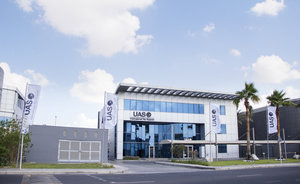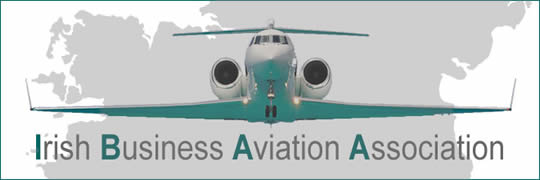As an FBO manager or owner, have you ever sat down and given thought to how well your company works with the trip support service (TSS) providers that account for so much of your traffic? How far down your agenda are they? Does your staff understand and appreciate the part these companies play in making your FBO profitable? Do you know how many TSS there are out there?
A few years ago I stood in an office block in the Dubai Free Zone (FZE) with a man who knows the TSS business very well. The CEO of a very successful TSS company with many years in the industry under his belt, he knew all the players first hand. We were discussing the challenges faced by TSS providers, everything from gaining market share and keeping it, to delivering the quality service the client expects in every region across the globe.
To my surprise he turned to me and asked if I knew how many TSS providers there were based in or around the Dubai FZE alone, which we were overlooking. I guessed maybe 10 or 12. It’s hard to get an exact number but I was taken aback to be told there were in excess of 25 in the building in which we were stood! Granted, some of them are lesser know, very small operations, often with just a handful of staff and specializing in a certain sector of the market.
Most FBO managers are familiar with the big TSS names in Dubai such as Hadid, Jetex, UAS and Skyplan, to name a few. Outside of the FZE in downtown Dubai and Sharjah there are even more service providers. Another big TSS center is Houston, Texas, in the USA, with Universal Weather & Aviation, Colt (now part of World Fuel Service), Rockwell Collins and many others located in this city. Outside of these two big TSS centers there are more companies than you could shake at big stick at. And each is an important cog in the FBO industry.
TSS providers live in a world just as tough as the one the FBOs inhabit; they too have competition and they all have to deliver a quality and competitive service to their clients. If your FBO drops the ball with their client, you can lose a customer or maybe even all the traffic that particular TSS provider puts through your FBO.
Working closely with TSS providers is vital for all FBOs but especially so for the independents. TSS Operations Control Centers (OCC) tend to be very busy places and operate 24/7. Staff are dedicated, highly trained and many will be certified flight dispatchers. Understanding what their OCC requires from your FBO is important and it is imperative that your FBO operations can effectively integrate with the OCC.
What TSS providers want from the FBO:
• Efficient and safe delivery of service to meet their clients’ expectations;
• Competitive pricing;
• Attention to detail;
• Timely and complete billing as per their instructions.
FBOs providing the service must:
• Read and re-read handling requests;
• Respond in a timely fashion;
• Request clarification if required;
• Confirm all items requested;
• Confirm all changes clearly, ensuring all required parties copied in;
• Ensure shift handover does not cause delays or misunderstandings;
• Book and confirm all third party services.
On the ramp, FBOs must ensure:
• Foreign object damage (FOD) checks are completed (often first requirement to be overlooked, until an aircraft hits a chock on a dark night);
• All third service providers are notified of ETA and any delays or changes;
• Trained, clearly identifiable staff are in attendance and in sufficient numbers;
• All required, properly maintained ground service equipment is on stand;
• A warm welcome on arrival;
• Everything is in place for departure;
• No items are left behind at FBO or in ground transport.
If it all goes pear shaped the first person to get it in the neck will be the on-duty officer at TSS and that will come from the crew. Let these guys down and they will be reluctant to book further flights in with you!



